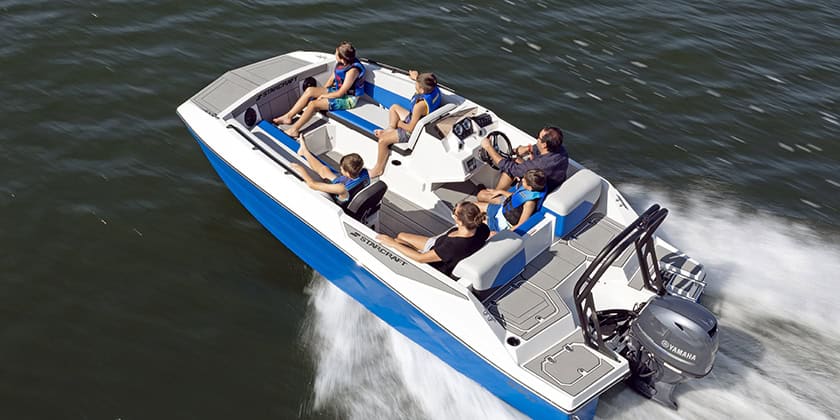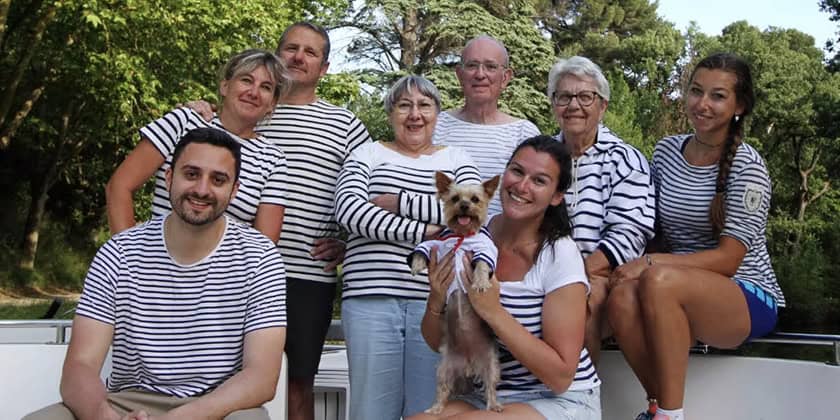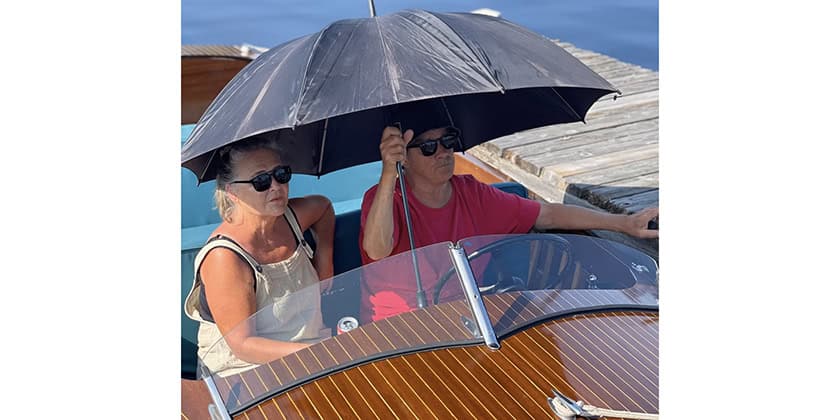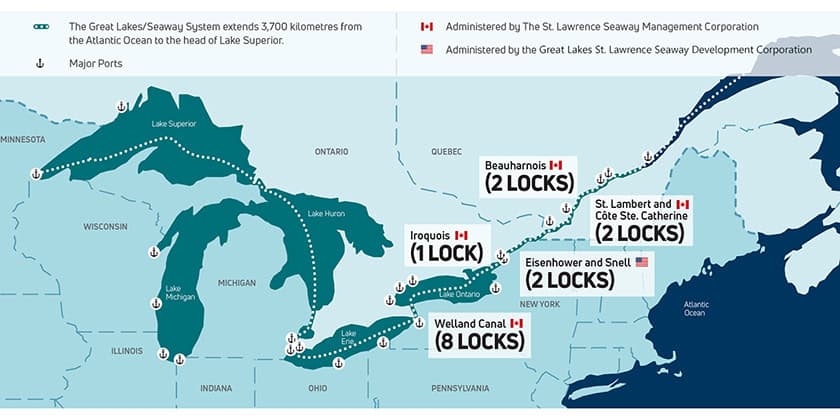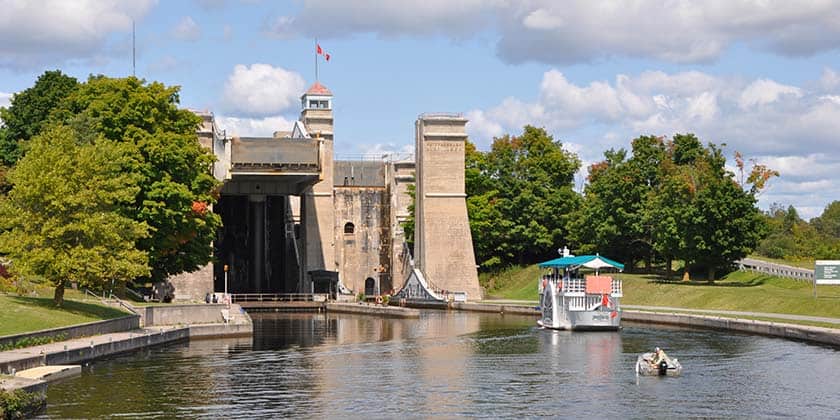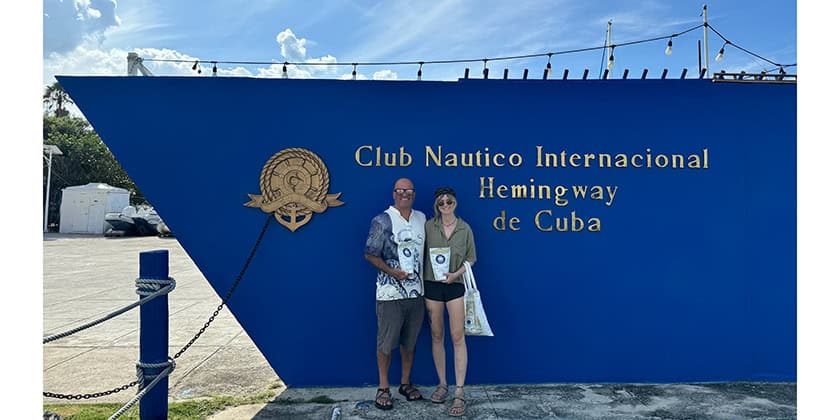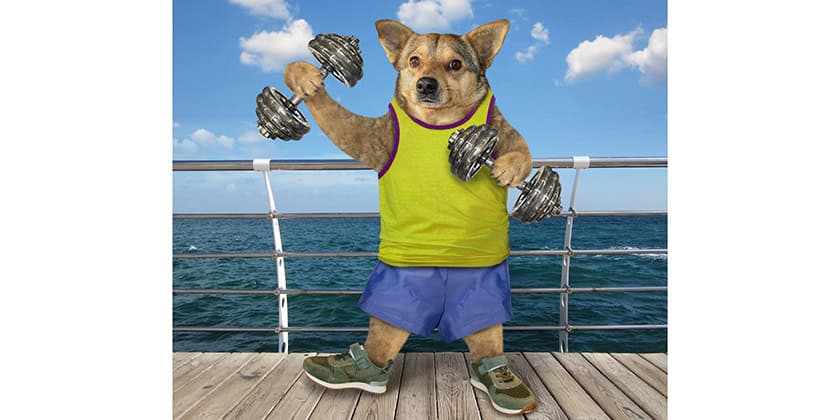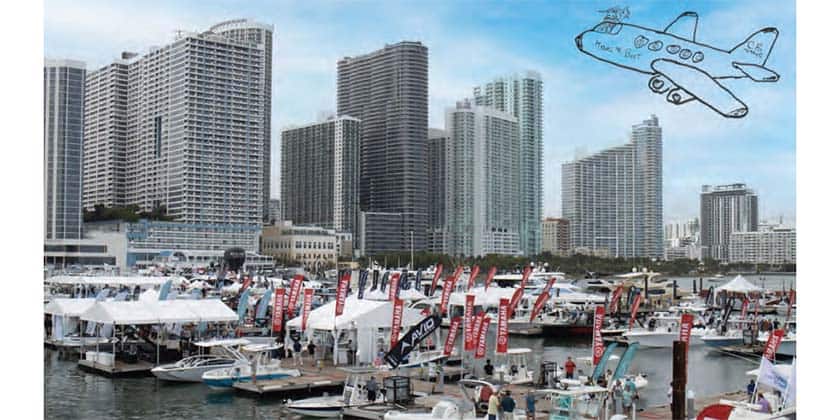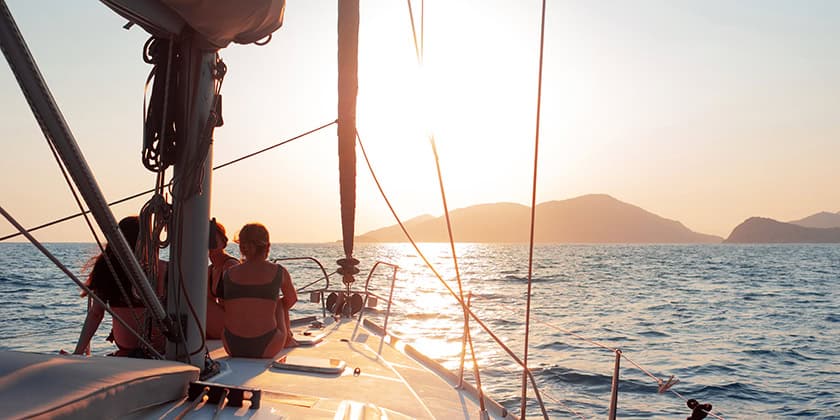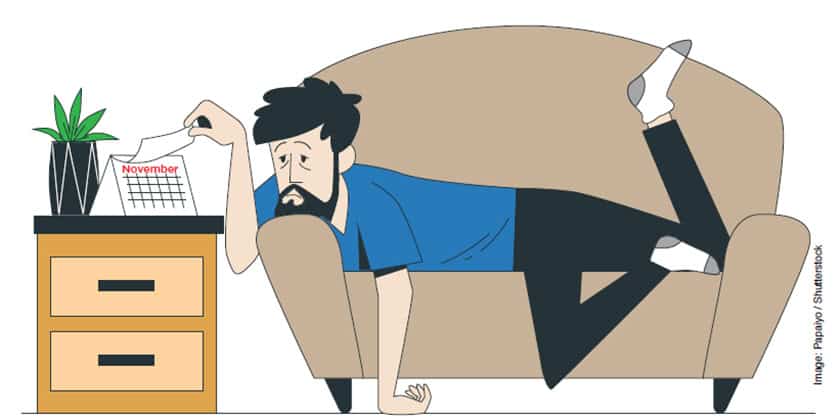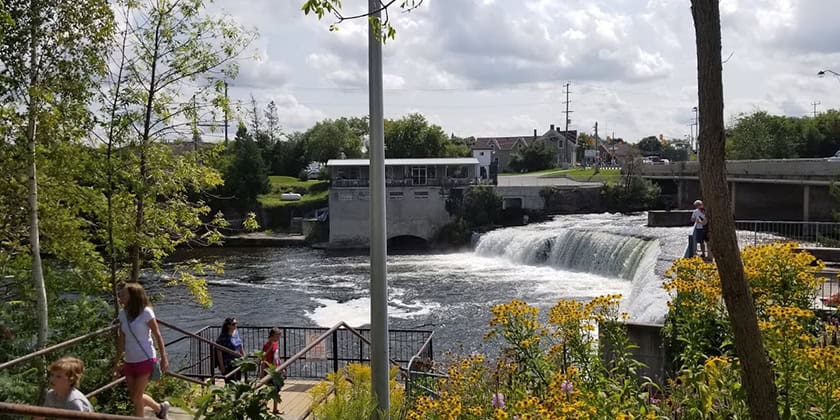Why Should My Squadron Offer Recreational Vessel Courtesy Checks (RVCCs)?
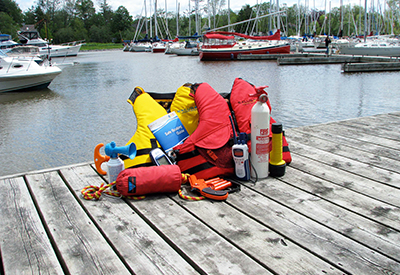
May 13, 2021
By John Gullick, Manager of Government and Special Programs, April 21 2021
Finally after a few years without funding I can talk about why Squadrons should offer Recreational Vessel Courtesy Checks (RVCCs). We have now received funding from Transport Canada for the next three years.
Many Squadron Officers continue to talk about how their Squadron’s course participation, and hence membership, is down and continuing to drop. Well the opportunity is back to be able to talk directly with boaters, especially new boaters who have come o recreational boating in very large numbers over last season and the current season.
Squadrons and their members can do something about this and here is your opportunity.
There is also a RVCC Covid Protocol that has been approved and MUST be followed. It can be obtained from all DCs and myself.
First let’s go back to the basics, our Mission statement:
The Mission of CPS-ECP is:
• We teach safe boating practices and proper navigational techniques
• We promote the cause of boating safety by creating a safe boating ethic
• We advance the cause of boating safety in cooperation with other agencies and organizations
• We keep our Member and Volunteer community strong through ongoing social interaction and enjoyment
What’s in it for the Squadron?
When a CPS-ECP volunteer spends a half hour or so offering a RVCC they get a great chance for some quality “face time” with fellow recreational boaters. During this time they have a real opportunity to let them know what CPS-ECP is all about, what we can offer them in terms of basic or advance and elective courses and what membership can do for them. When filling out the RVCC check list there are questions about the PCOC, GPS and charts and VHF and when asking these questions here is the chance to talk about CPS-ECP.
If they are already members this is the time to promote advance and/or elective courses and ask what else would enhance their relationship with the Squadron.
In the summers since 2016 Squadron members have conducted about 5000 RVCCs, 2000 less than we hoped for. Over 55% of those RVCCs were first time checks and over 60% were conducted on boats under 9 meters in length. How much better than that can it get in terms of an ideal target audience?
In 2016 only 44 of our Squadrons offered RVCCs to the boating public and this number dropped in 2017 and again in 2018. In 2019 the numbers remained relatively consistent and then dropped again last year due to Covid 19. So, here is a chance for all Squadrons to take advantage of the opportunity to talk to boaters in their communities and, while they are offering them a free service that helps them know what safety equipment they require, that the equipment that they have is appropriate and in working condition, give them a sticker that indicates that at the time of the inspection they have all the required safety equipment on board, they can talk about CPS-ECP and all we have to offer.
It doesn’t get any better than that.
What does it take for Squadron volunteers to be able to offer RVCCs?
There is an on line training video that takes about 20 minutes to view. There is also an on-line, 10 minute promo video.
For the English version go to: www.smartboater.ca/rvcc/ For French go to: www.plaisancieraverti.ca/rvcc_fr/
After that is done there is a Declaration form that needs to be signed and submitted to the National Office (NO). Now the volunteer member is good to go. The Squadron can order RVCC forms, stickers and CPS-ECP info from the National Office. The Transport Canada PCCC forms remain unchanged so any that Squadrons have on hand are still good.
Now the Squadron can talk with local marinas and other boating organizations about offering RVCCs at their locations. This can help foster partnerships and alliances – remember our Mission and the Covid Protocol.
It really takes very little work for the potential of real gain.
How much time does it take?
If a Squadron has three volunteers who work one location like a marina for five hours they should be able to easily complete 25 RVCCs. Some Squadrons have members who conduct well over 50 RVCC checks each but if every Squadron held only one event and at that event they conducted 20 RVCCs then we would have had the opportunity to talk to over 3000 boaters coast to coast. Also, these should all be motivated boaters because we have just provided them with a free valuable service that will make them all safer and more confident on the water.
Give it a try and get involved now. You really have nothing to lose and a lot to gain.

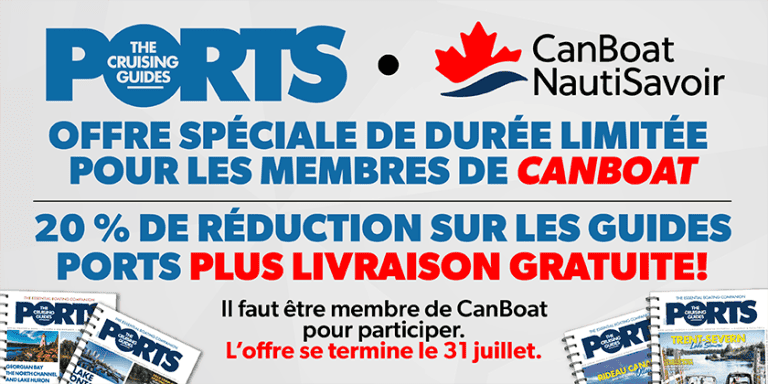
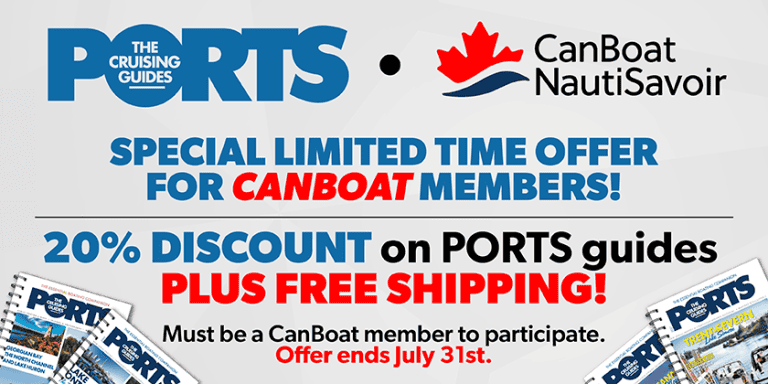

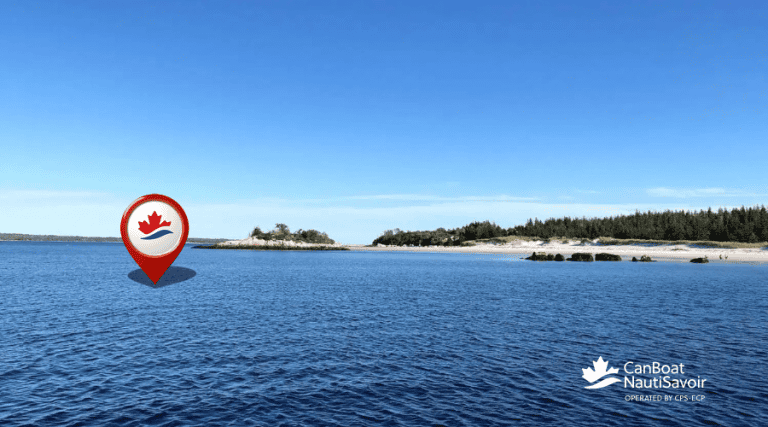
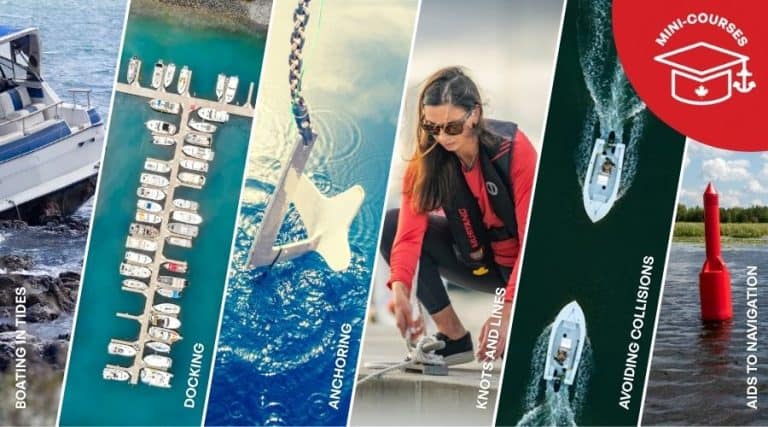
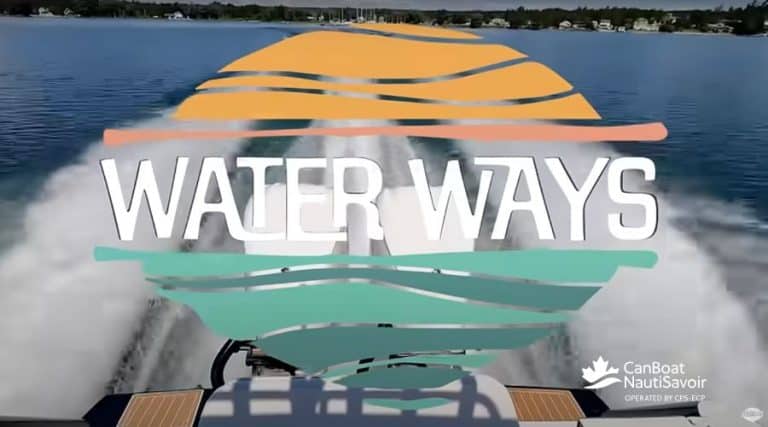
 Sportsman Channel Canada – les lundis, mercredis et dimanches à 10 h 30 (HE)
Sportsman Channel Canada – les lundis, mercredis et dimanches à 10 h 30 (HE)  World…
World…








